Housing secretary visits Greenfield to discuss bond bill
| Published: 11-07-2023 7:34 PM |
GREENFIELD — As the Healey administration prepares to advocate for its five-year, $4.12 billion housing bond bill, the Massachusetts housing secretary toured Greenfield Housing Authority properties on Tuesday to share what the legislation could do for public housing.
Edward Augustus, the state’s first housing secretary in decades, stopped by the Winslow building on Wells Street and other Greenfield Housing Authority facilities to talk to Executive Director Thomas Guerino, Greenfield Mayor Roxann Wedegartner and other regional officials about the $1.6 billion investment in public housing and the 28 policy recommendations the Affordable Homes Act would bring to the state.
In all, the proposal would nearly triple the amount of funding for public housing in what Augustus said was the “biggest housing bill ever.” Key highlights, he said, are the doubling of the Affordable Housing Trust Fund and Sustainable Housing Trust Fund, as well as allowing municipalities and regional affordable housing commissions to adopt a transfer fee on real estate sales, which could then be reinvested elsewhere.
“One of the most important things that we’ve done was increasing the low-income affordable housing tax credit, which is a real important tool to affordable housing production,” Augustus said, referencing tax cuts Gov. Maura Healey signed in October, which will be further bolstered by this bill. “Cities and towns can opt in [to the transfer fee], raise money locally, and then use it to spend on affordable housing production or public housing. It’s a revenue source that’s available for local municipalities.”
Other policy changes include allowing accessory dwelling units smaller than 900 square feet in single-family zoning districts by right, removing the requirement for a home rule petition if local housing authorities want to regionalize, and streamlining the town surplus process for properties that could be used for housing.
“Usually the state owns land in every city and town — maybe it’s an old state hospital or state school or prison, whatever it may be. … If we don’t need it any longer, we’d like to be able to surplus it and have folks develop affordable housing sites,” Augustus said. “That’ll take the cost of land out of the transaction, which usually means we can build more affordable units.”
Speaking to the statewide trends his office is seeing, Augustus said there is a crunch for housing everywhere in Massachusetts and it will take a full effort to ensure everyone has a place to live.
“The state is pinched. We have the lowest vacancy rate of any of the 50 states — 1.6%. That’s a problem,” he said. “We need more housing, all types, including protecting our public housing stock because that’s an important safety net. … I think we need to be cooking on all burners if we’re going to make a dent in this housing crisis.”
Article continues after...
Yesterday's Most Read Articles
Chris Larabee can be reached at clarabee@recorder.com or 413-930-4081.

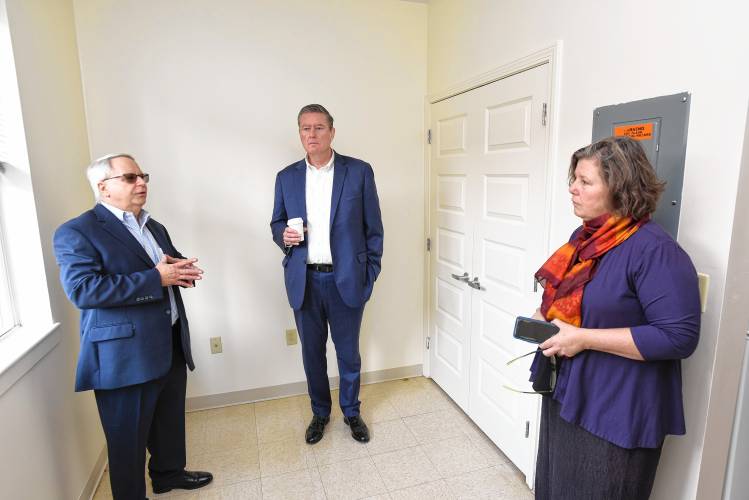
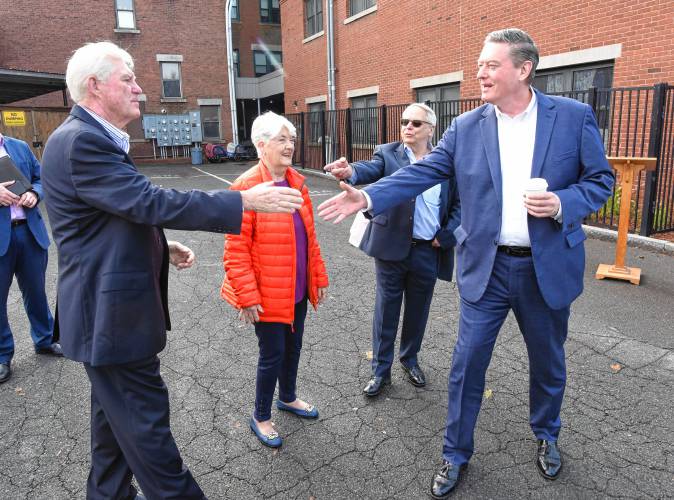
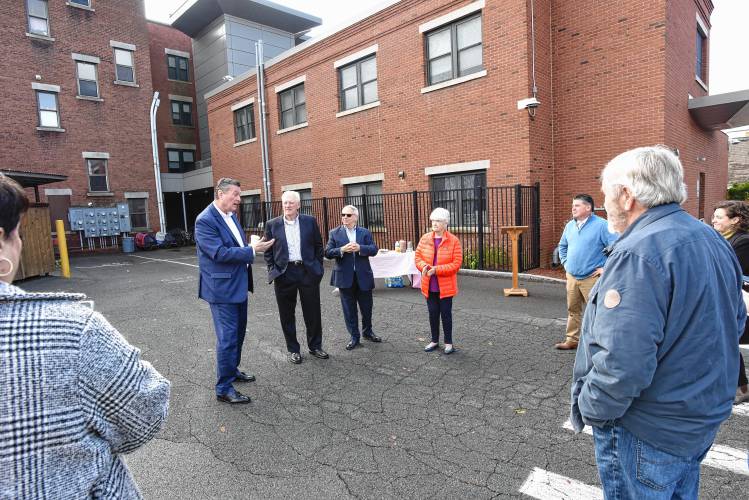
 UMass graduation speaker Colson Whitehead pulls out over quashed campus protest
UMass graduation speaker Colson Whitehead pulls out over quashed campus protest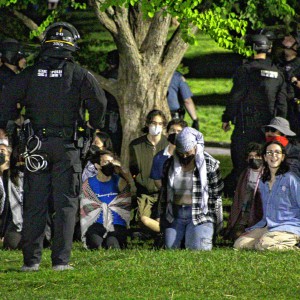 UMass student group declares no confidence in chancellor
UMass student group declares no confidence in chancellor Four Rivers Climate Club organizes litter cleanup, panel on environmental activism
Four Rivers Climate Club organizes litter cleanup, panel on environmental activism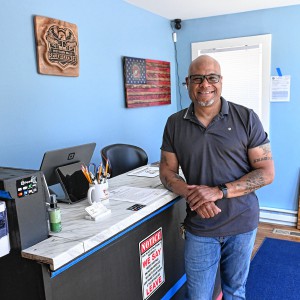 Retired police officer, veteran opens firearms training academy in Millers Falls
Retired police officer, veteran opens firearms training academy in Millers Falls
